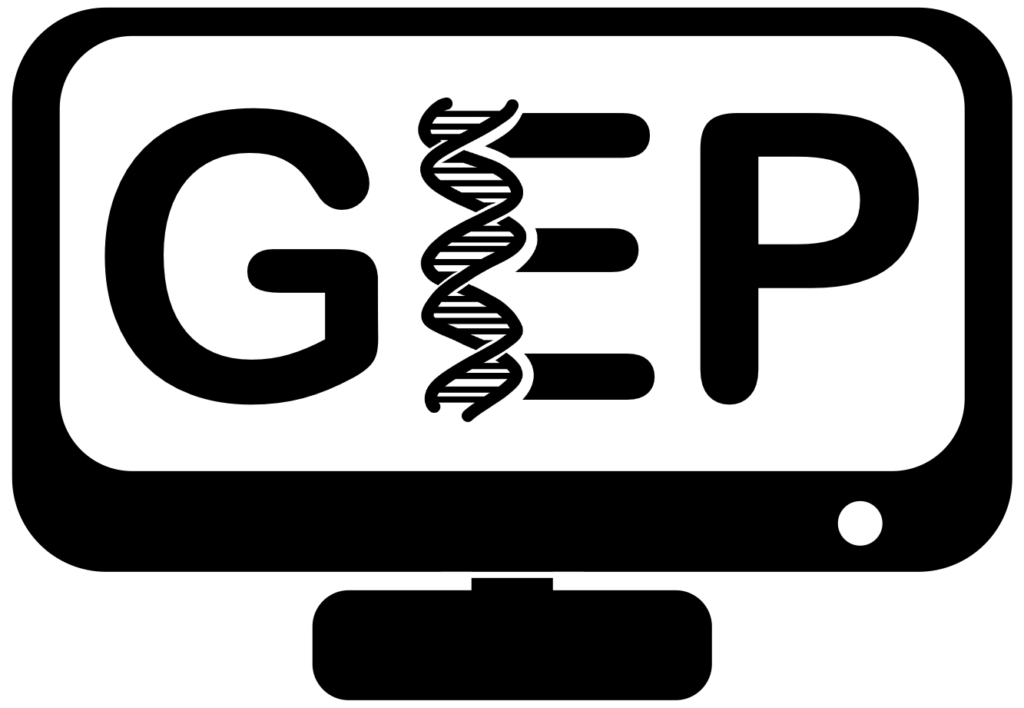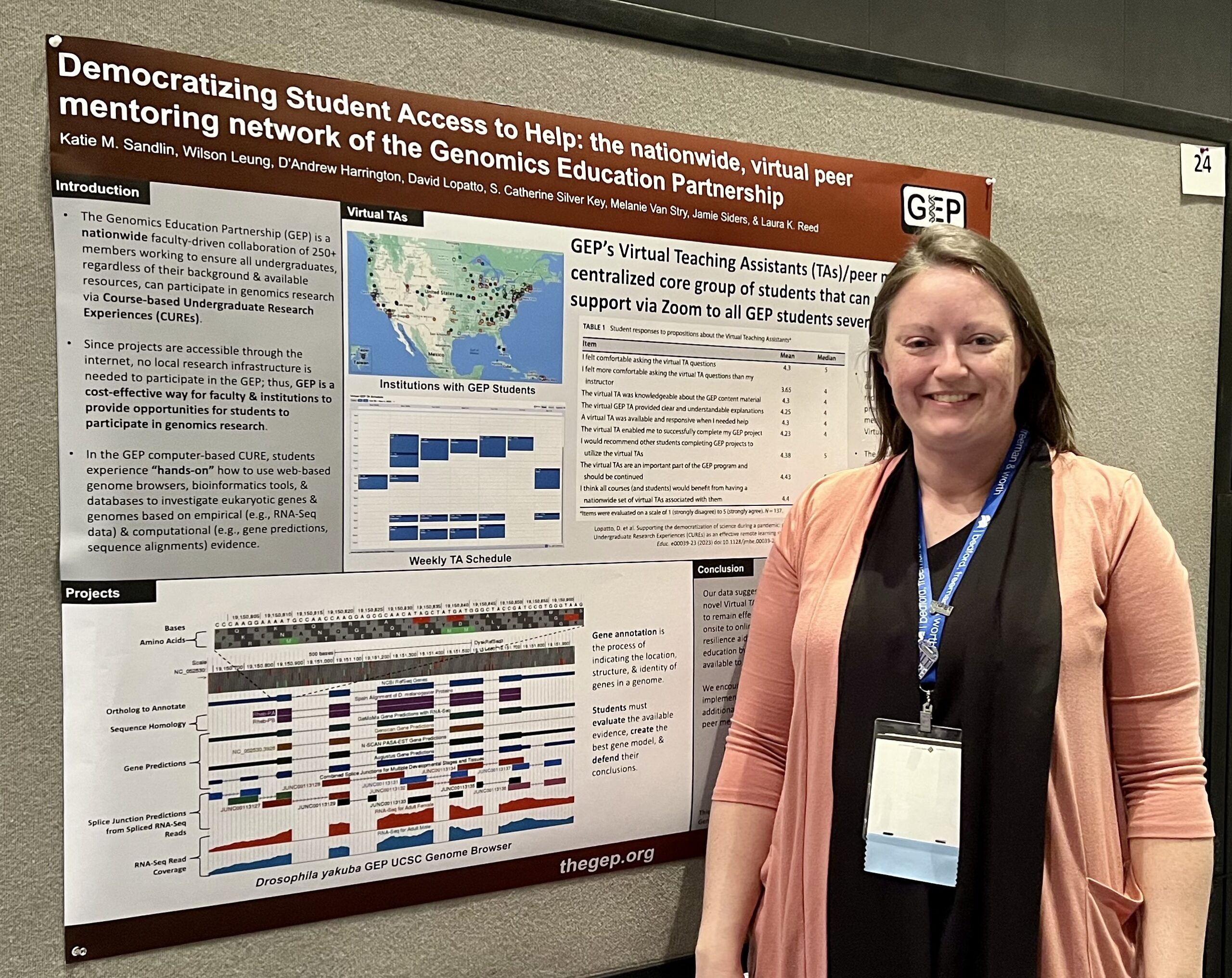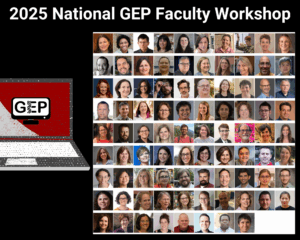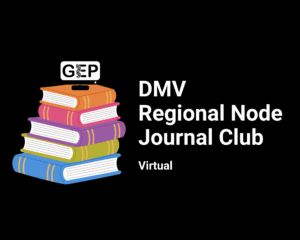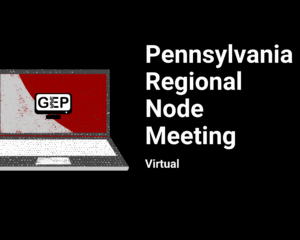Democratizing Student Access to Help: the nationwide, virtual peer mentoring network of the Genomics Education Partnership
Katie M. Sandlin, Wilson Leung, D’Andrew Harrington, David Lopatto, S. Catherine Silver Key, Melanie Van Stry, Jamie Siders, & Laura K. Reed
Introduction
- The Genomics Education Partnership (GEP) is a nationwide faculty-driven collaboration of 250+ members working to ensure all undergraduates, regardless of their background & available resources, can participate in genomics research via Course-based Undergraduate Research Experiences (CUREs).
- Since projects are accessible through the internet, no local research infrastructure is needed to participate in the GEP; thus, GEP is a cost-effective way for faculty & institutions to provide opportunities for students to participate in genomics research.
- In the GEP computer-based CURE, students experience “hands-on” how to use web-based genome browsers, bioinformatics tools, & databases to investigate eukaryotic genes & genomes based on empirical (e.g., RNA-Seq data) & computational (e.g., gene predictions, sequence alignments) evidence.
GEP’s Virtual Teaching Assistants (TAs)/peer mentors are a centralized core group of students that can provide real-time support via Zoom to all GEP students seven days a week.
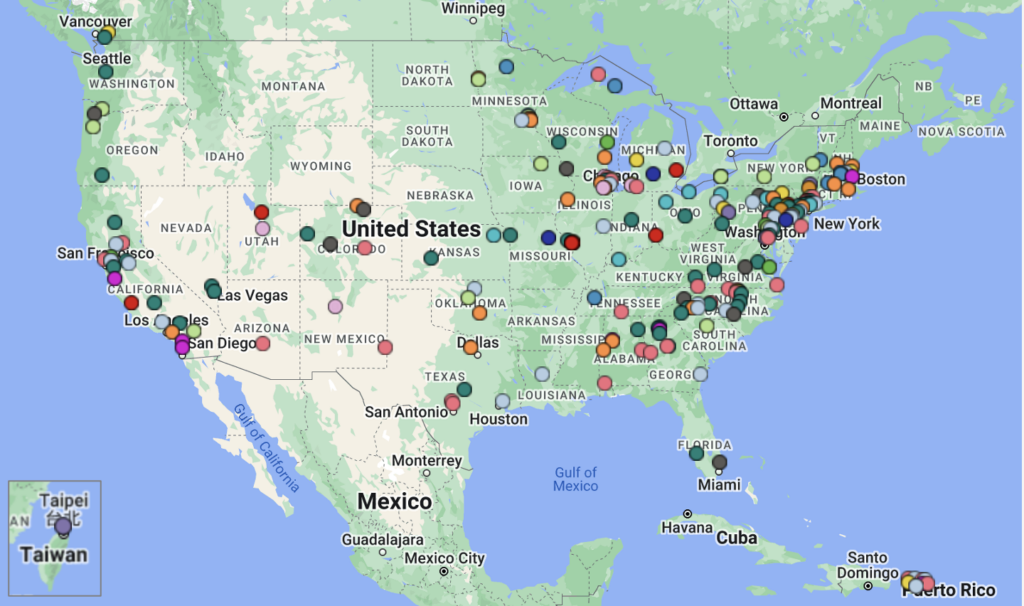
To assist GEP members and students during the COVID-19 pandemic, the GEP recruited a group of students who had previously completed a GEP course and mentored them while they served as Virtual TAs.
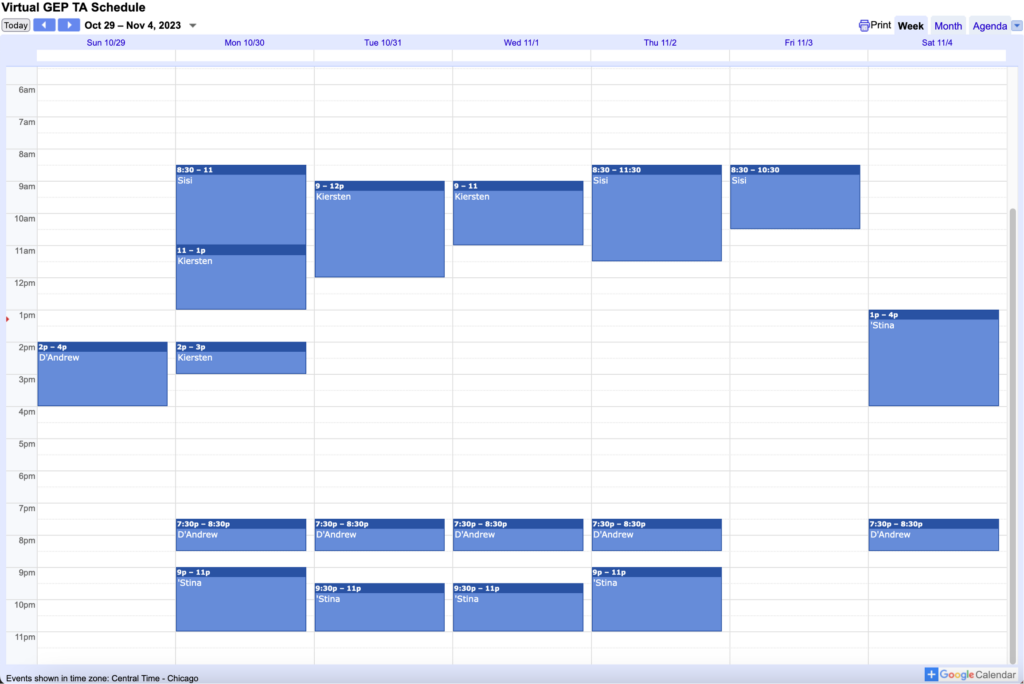
The Virtual TAs are available during evenings and weekends to accommodate students with family or work commitments.
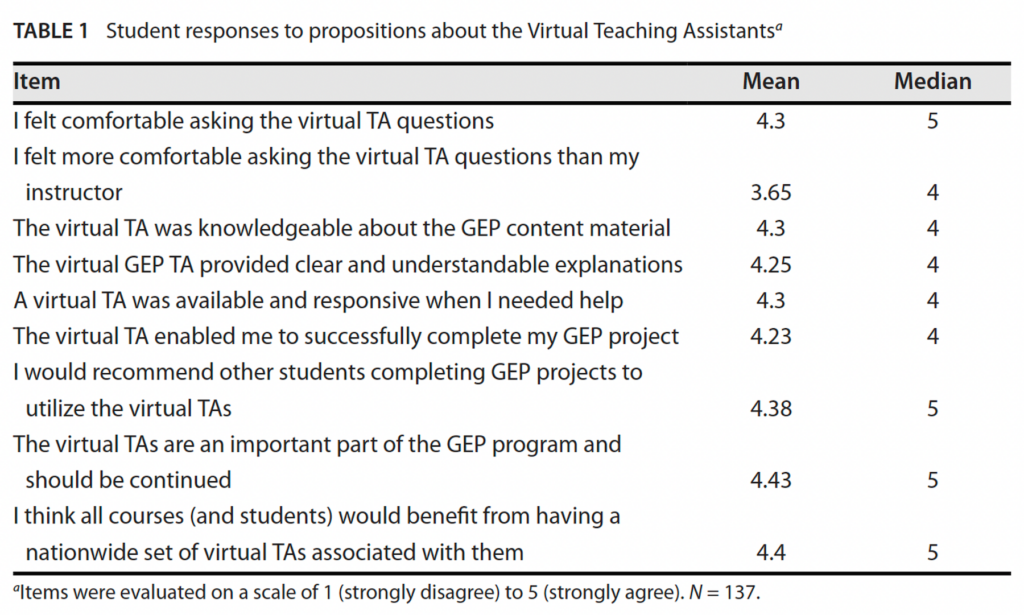
Projects
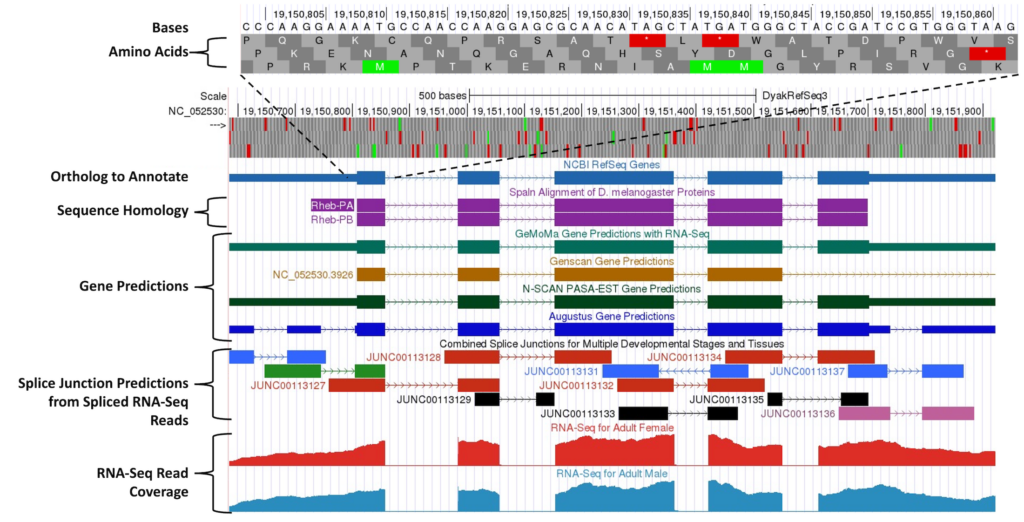
Gene annotation is the process of indicating the location, structure, & identity of genes in a genome.
Students must evaluate the available evidence, create the best gene model, & defend their conclusions.
Conclusion
Our data suggests that online delivery of the novel Virtual TA program allowed the GEP CURE to remain effective through the transition from onsite to online: the GEP CURE is resilient. This resilience aids in the democratization of science education by making research experiences available to all.
We encourage all faculty to consider implementing a Virtual TA program to provide additional support for students and to facilitate peer mentoring.
This poster is based upon work supported by the National Science Foundation (1915544) & National Institute of General Medical Sciences of the National Institutes of Health (R25GM130517) to LKR.
